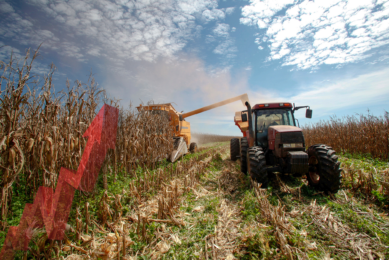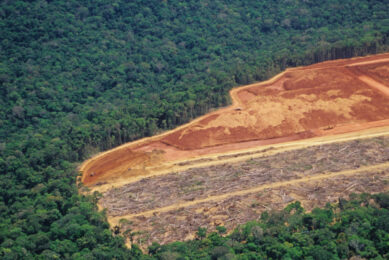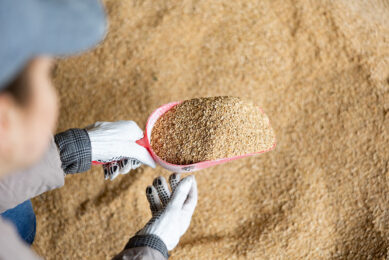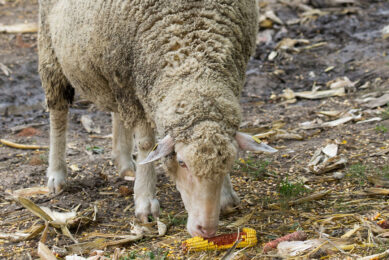Feed crisis raises Thai food prices
Food prices in Thailand are expected to rise with 5-10% in the coming years, according to CP Intertrade CEO Pornslip Patcharintanakul. This price increase is needed because the price of animal feed raw materials such as corn, soybean and tapioca are expected to rise with 20% in 2008.
Thailand’s largest chicken and shrimp exporter, will raise export prices for its
chicken products and not take orders for more than three months in advance,
seeing this, he says, as the beginning of the conflict that will intensify
between the food and energy sectors over those crops that can be turned into
energy.
“Fortunately, the higher costs are being experienced equally
everywhere in the world and to maintain their share of international markets
animal farmers and exporters most control other costs by introducing new
technology” he says, adding that the situation will intensify if Thailand does
not have a clear policy of controlling agricultural output for food and
energy.
Use neighbouring countries
One
recommendation, Pornslip says, would be if Thai companies were able to contract
crop production to farmers in neighboring countries. At present Thailand imports
about 100,000 tons per year from Laos, Cambodia and Burma, though the import
volume of soybeans remains small.
However, such contract farming carries
a risk, he said; “When oil prices climb further, what if the neighboring
countries introduced a requirement that crop output must be converted into
ethanol before being exported to Thailand, so as to reap additional benefits?
That would mean even fewer raw materials for animal feed!”
2008
will be tough
Ultimately, the higher food costs will make 2008 a
tough year for Thailand’s food exports which not should grow much above 2007’s
level of Baht 600 billion and with the expected increase in food prices, adds
Pornslip, there is the danger of a “drop in consumption”.











